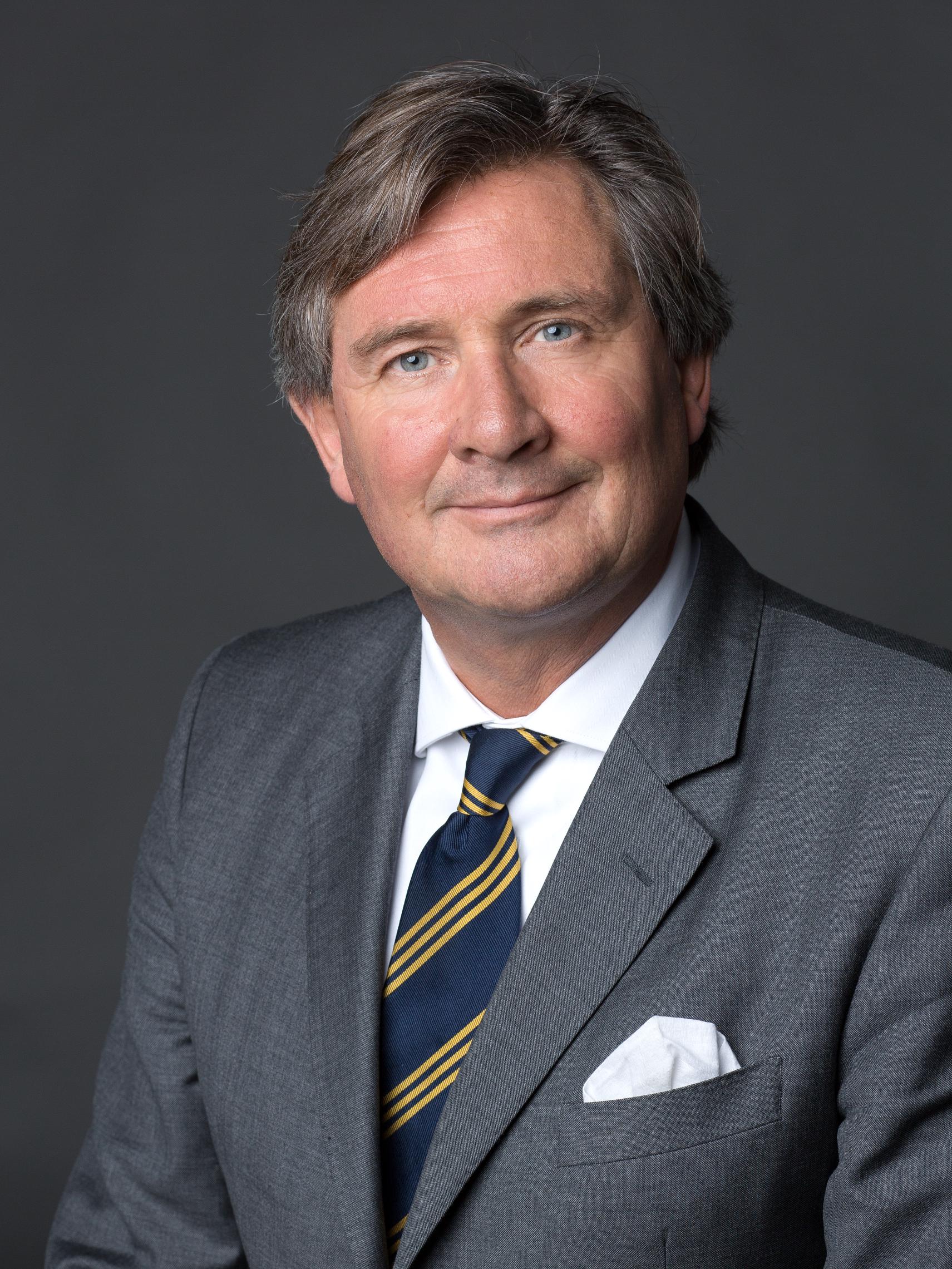Both Europe and the U.S. have many similarities when it comes to their hospitality industries: strong investment markets that lure foreign capital, liquidity, quality hotels and sturdy traveler demand. Dirk Bakker, Head of EMEA Hotels, Colliers International, has strong opinions on all these topics and more, as we found when we spoke to him prior to the International Hotel Investment Forum (IHIF), March 6-8 at the InterContinental Berlin.
At IHIF, Bakker will lead a discussion centered on millennials; more specifically: How to understand millennials’ needs and deliver the right experience to meet them. What can be learnt from this segment to engage all customers more effectively? How can brands be prepared for the post-millenial generation of customers?
Here are his takes on a spectrum of issues facing down the hotel industry.

a millennial-focused panel at IHIF.
1. Consolidation was such a major theme in 2016. Will this carry over into 2017 and, beyond that, what are the storylines we can expect?
Consolidation will continue. We clearly see movements with that. For instance, HNA Group, which not only acquired a 25-percent stake in Hilton, but it also now owns NH Hotels and Carlson Rezidor and the two will likely become one company. There are also movements with Accor, a company that has different strategies—replacing conventional hotels with more modern product. It acquired 25Hours Hotels and is investing in hostels with the launch of the Jo&Joe brand. So it’s diversifying its product.
Here's why there will be more consolidation. 1) Interest rates are very low. There is not enough product in the market when you figure there is 5-percent growth in demand and only 2-percent growth in inventory. That drives up yields, so the only way to grow is to do big-ticket purchases and acquire strategically. 2) Change in consumer. They don’t want boring, standard stuff anymore. They want more excitement and engagement with brands that fit them better. They want different product. You have to do whatever you can to join the bandwagon.
2. What other predictions do you have for 2017?
It’s very tough to predict as there are so many variables. [President] Trump is going to be a factor. What will he do and how will his polices affect the hotels market? I do think 2017 will be similar to 2016, and by that I mean I don’t see drastic change. But hotel rooms are becoming more scarce. There’s going to be new buyers on the market. Maybe more sovereign wealth investors for instance Singapore/HK-based REITs. I see an increase activity from that area. In fact, we are in the middle of closing deal with a Korean fund. We haven’t seen those guys widely in the market until now. It’s exciting that they are showing appetite in European markets.
Institutional investors are traditionally interested in portfolios, so you see a lot of those buys in Germany and in the Netherlands. The likes of China's Anbang continue to be active. They recently bought DoubleTree in Amsterdam for $600,000 per key. Where else are they going to put their money?
3. You mentioned Trump. What is your take on the travel ban?
It’s not for me to comment on politics or policy but any measure that impacts people’s traveling habits will have an impact on the hotel sector. If the ban gets passed, it will have a serious effect on those traveling to the U.S.
4. Can you give offer some color on Europe's cities? What's hot; what's not?
In regard to investment, always Germany and Benelux, and a lot more for Spain, which will increase. In Italy, there is more product coming on. Greece seems to be more involved again, too.
[In regard to terrorism] Brussels has bounced back. Paris has severely suffered—a 30-percent downturn. But you learn from the horrible history of terrorism—what happens once happens twice—so the turnaround time becomes shorter; you get used to it.
Real change in Paris will come after the election of the new president. It will determine what happens. If Le Pen wins, who knows what will happen?
Overall for EMEA, I see growth across the board—except for perhaps Turkey and Northern Africa. [Aside from a black swan event], maybe something happens in the Middle East, tourism will grow, but, still, supply is not enough.
5. You have remarked that there are not enough rooms in Europe to meet demand. What's going on and will it be rectified?
There is not enough supply in Europe. Look at Amsterdam: It has gone in the last three years to 85-percent occupancy and double-digit growth in terms of rate. It's aded 10,000 more rooms in the past five years, which Airbnb has gone up YOY by 474 percent.
Lending is easy right now—both for new construction and it's dirt cheap for acquisition. There is still cheap money in Europe.
6. Colliers recently acquired asset management firm Vision. How does this move improve Colliers as an organization?
Acquiring Vision strengthens our knowledge base, grows our revenue base and creates synergies where both we and they are active. Launching our new Hospitality Asset Management team allows us to be more active where we aren’t as strong. We are all about growth.
For more information and to register for IHIF (March 6-8, 2017), visit www.ihif.com.
Follow IHIF 2017 on Twitter @IHIF_News and use #IHIF2017 to stay up to date with the latest news from the leading annual meeting place for the global hospitality industry.
